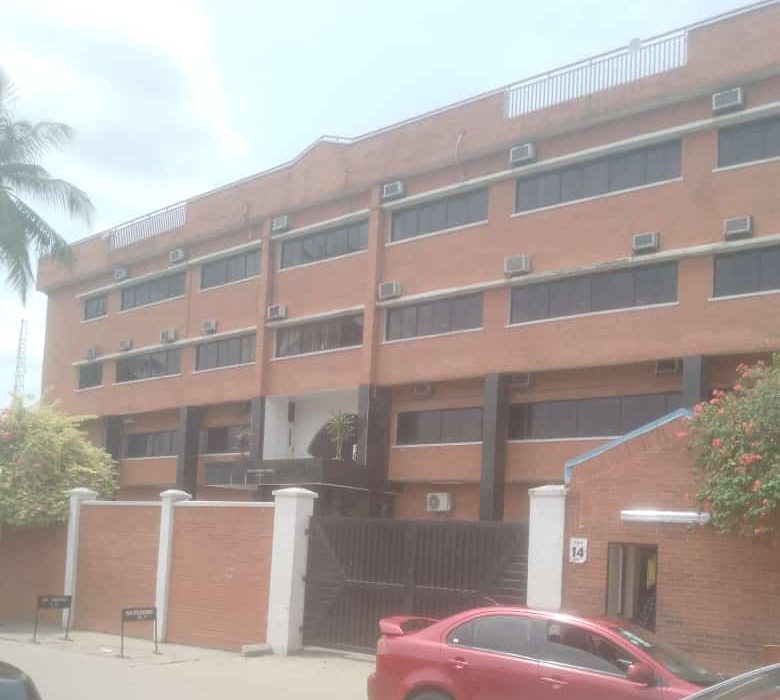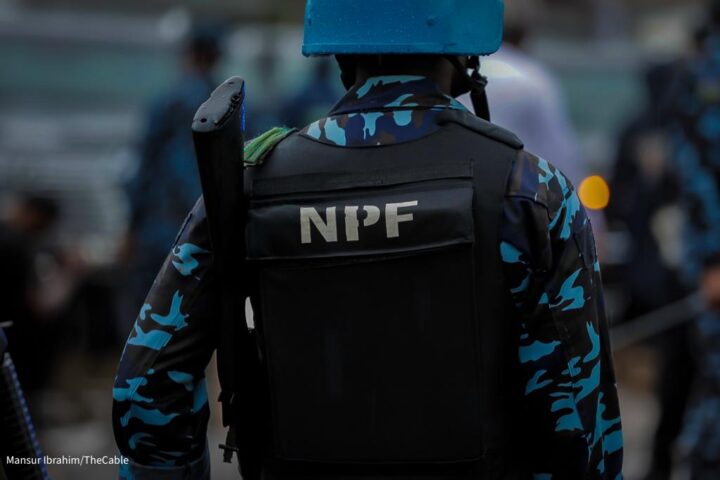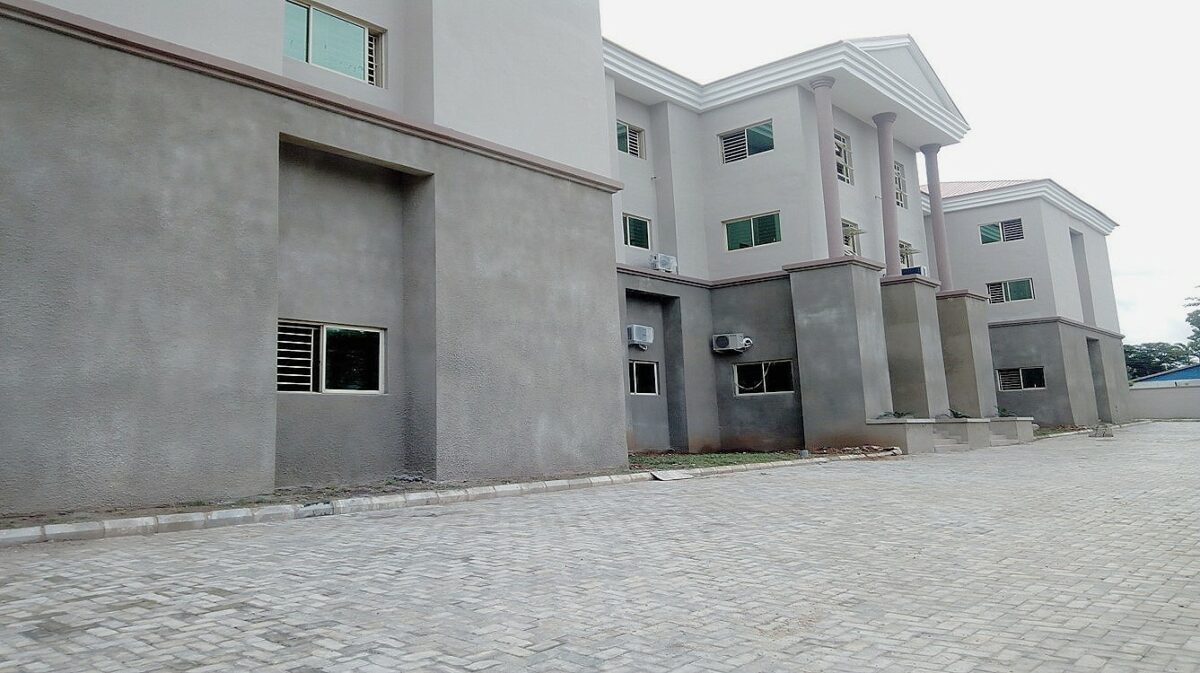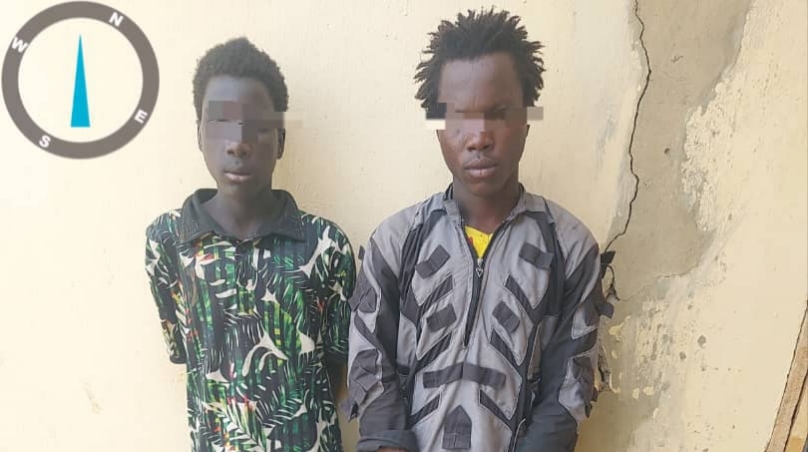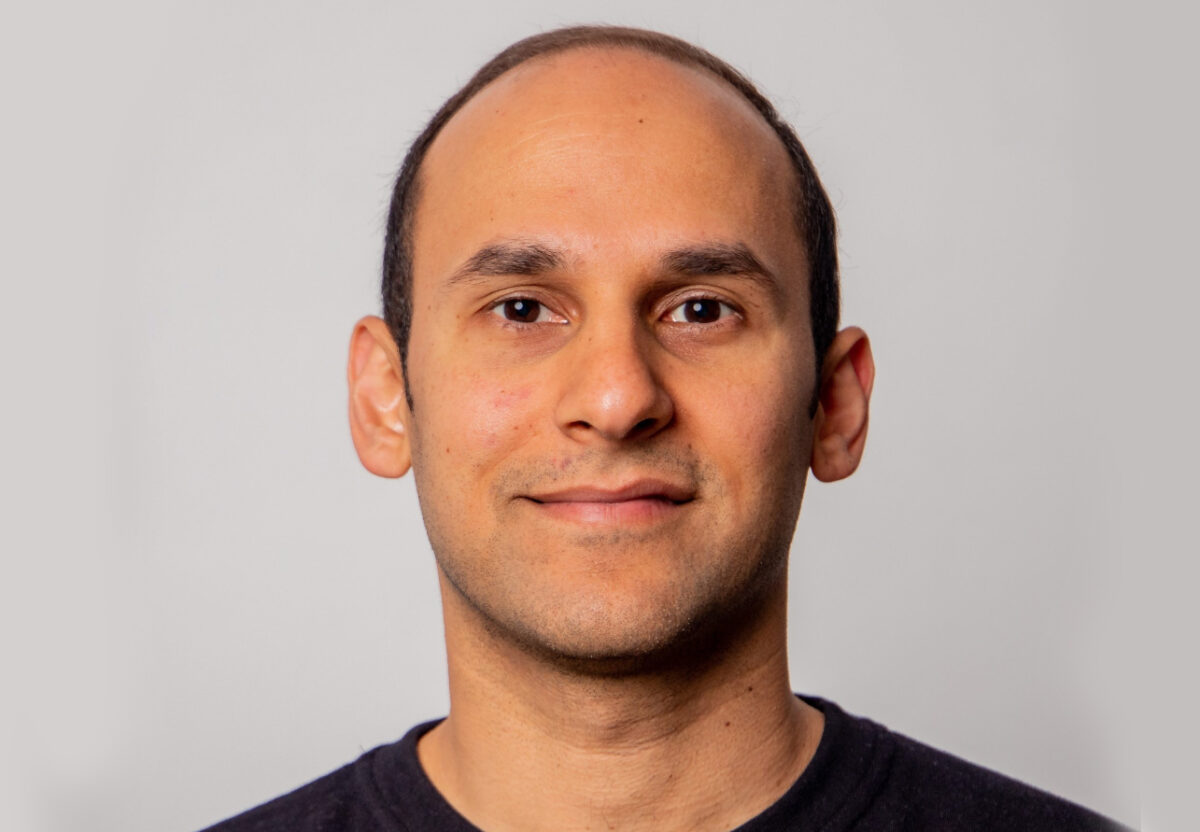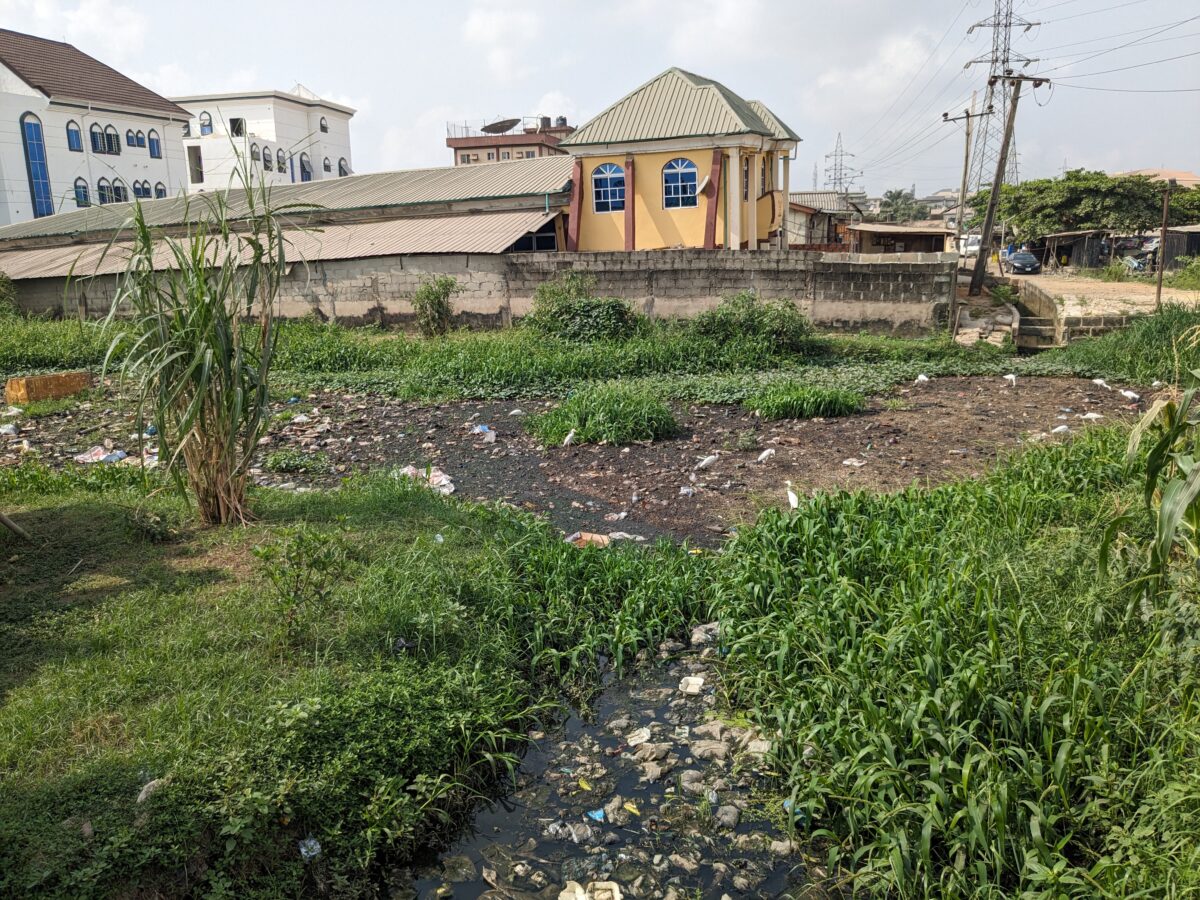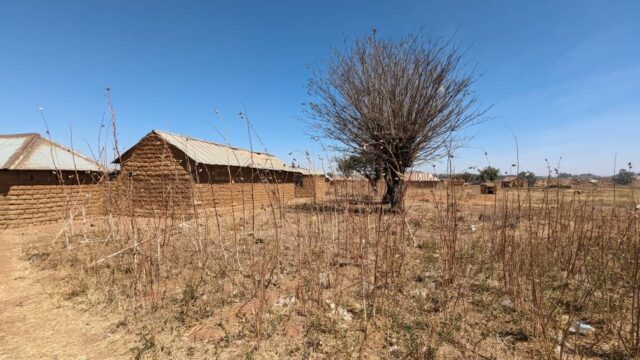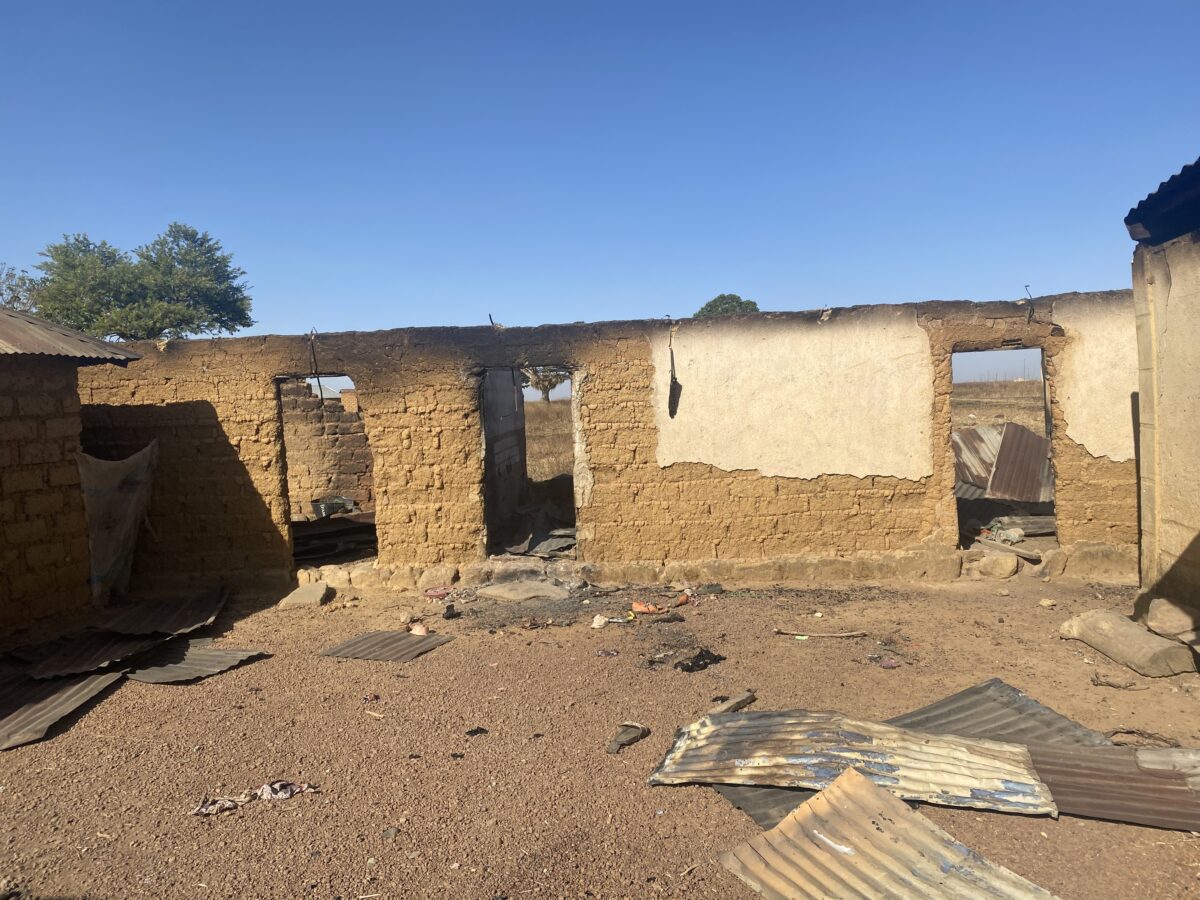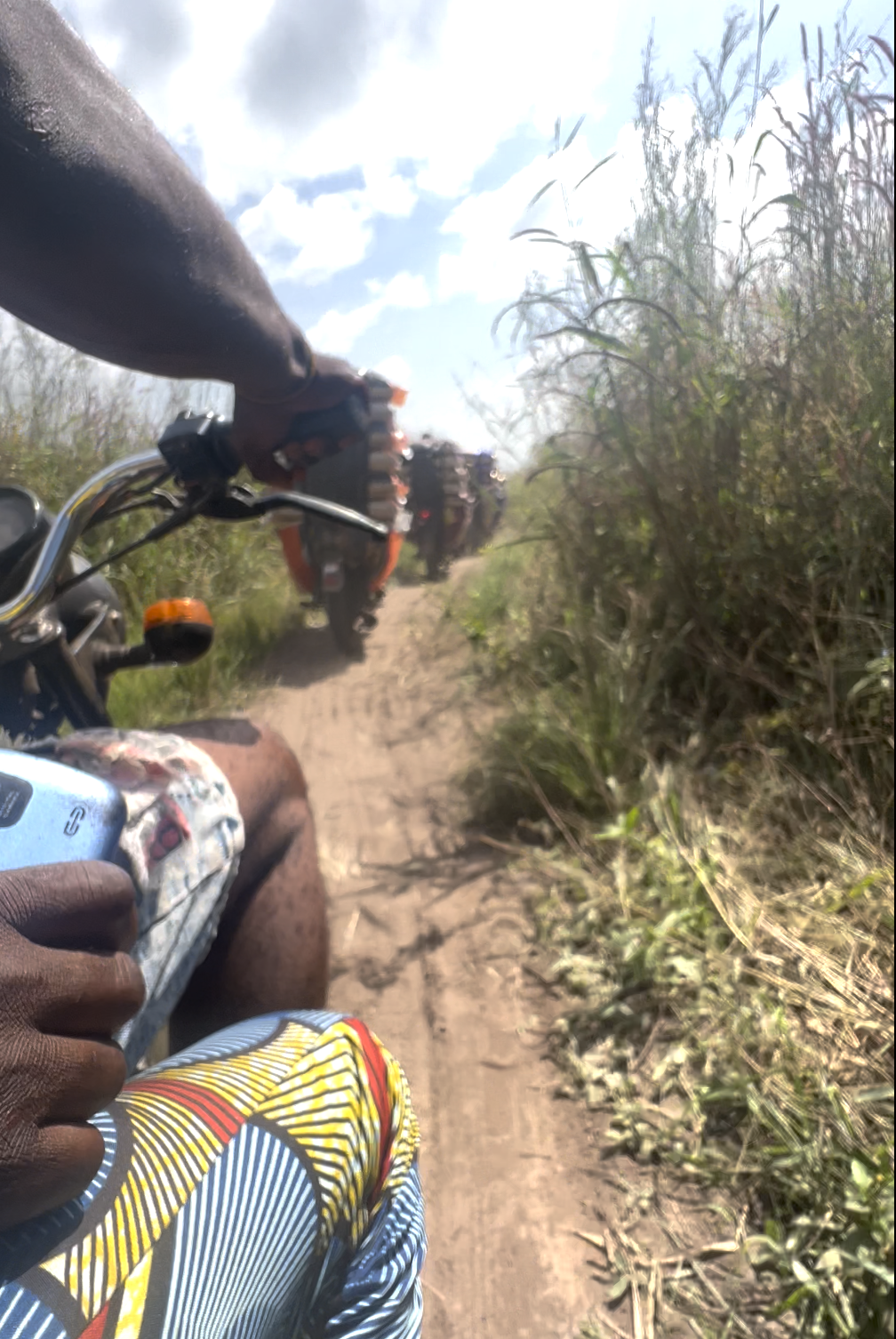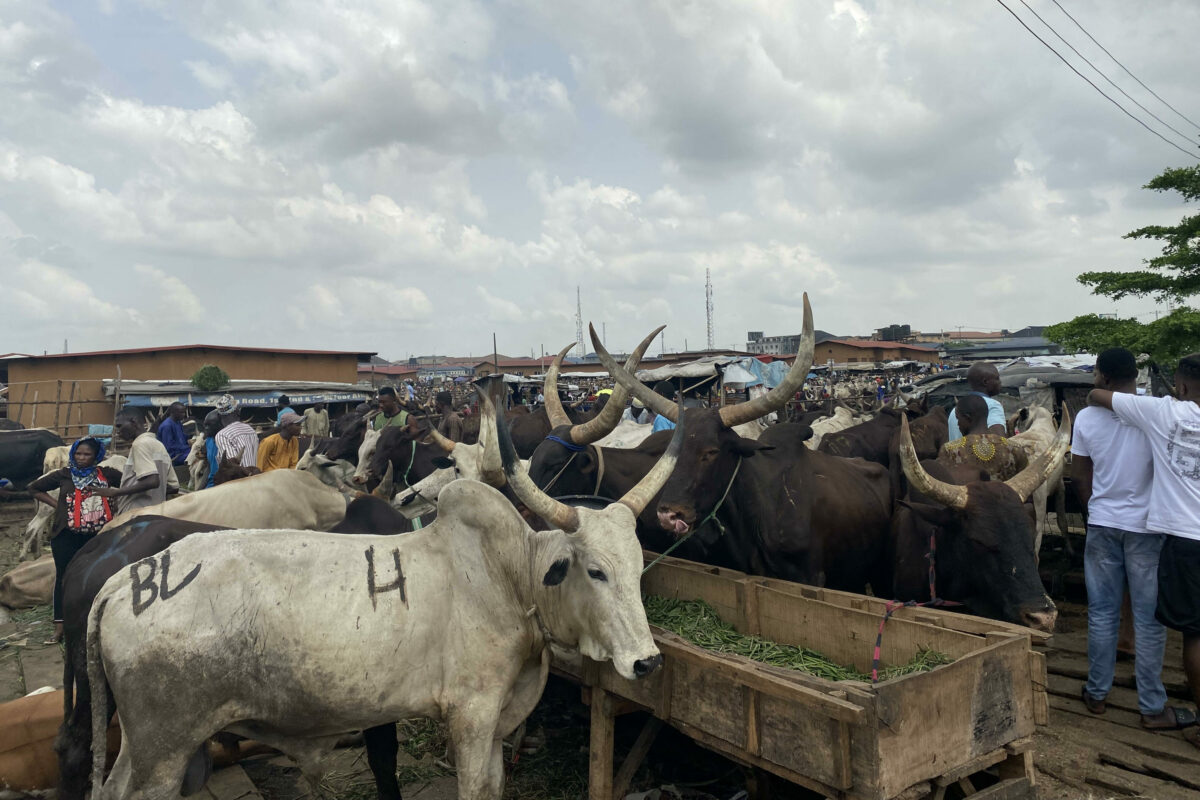He was a bright and upright citizen working his socks off to have a breakthrough in his academic career. Despite being denied a place in university for years, he kept working and remained hopeful. But just when he was about to find himself in his dream world, he fell into the trap of some SARS officers who tortured him until he died. In the third and final part of this series, IBRAHIM ADEYEMI uncovers how Nigeria’s unjust criminal justice system aided the grand cover-up of an extrajudicial killing by the police.
RESTROSPECTION: ‘WHERE IS FEMI BELLO?’
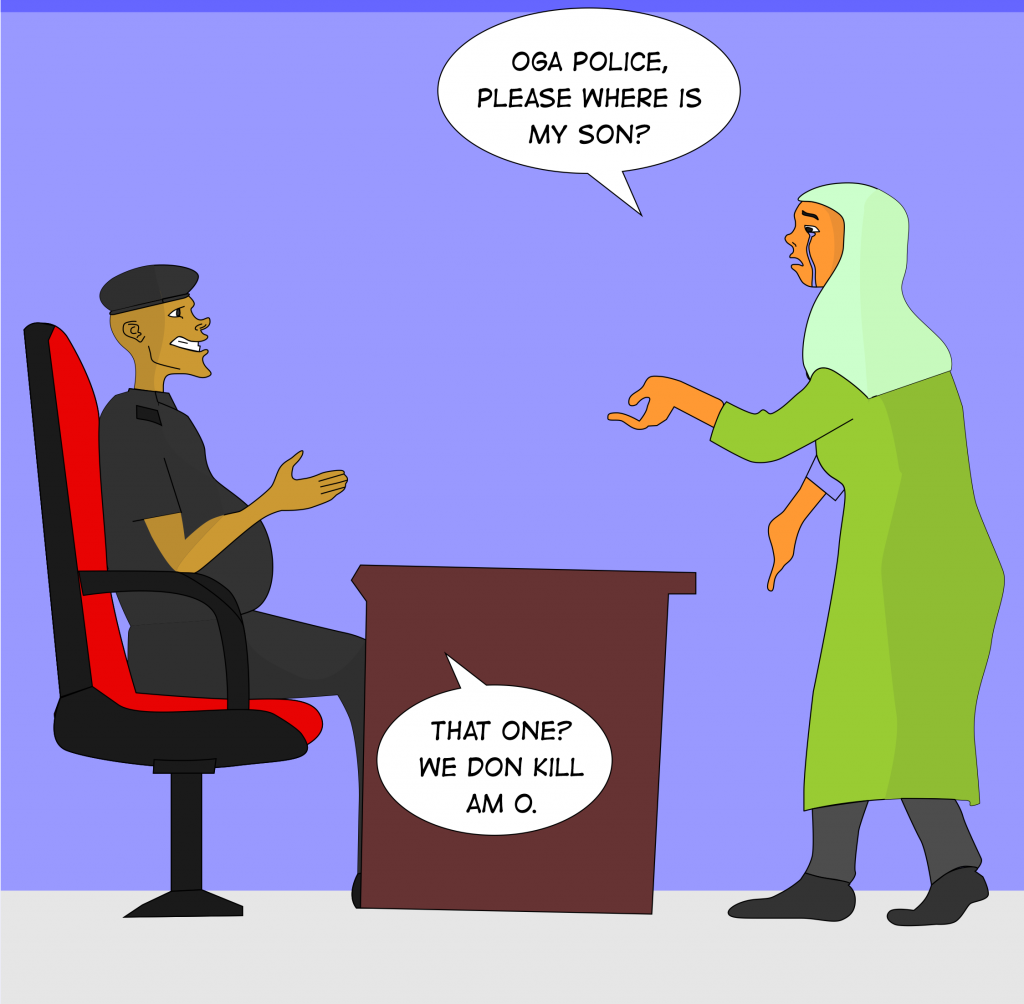
It is a Monday morning in December 2020. Juliana Bello is mourning her son’s death. Everyone seated at the Sterling Law Centre of Zone 5, Senanga Street, Wuse, Abuja wears a sorrowful face.
Seven years have passed since Femi Bello, her son, passed away. Tears roll down her cheeks as she tells the tale of how the promising son was “wasted by the police”.
When, in 2014, Mrs Bello received the news that Femi had been arrested by officers of the Special Anti-Robbery Squad (SARS) in Abuja, she asked his younger brother, Biodun Bello, accompanied by a lawyer, to visit the Mararaba Police Station where her son was said to have been detained.
On getting there, John Omeje, the Divisional Police Officer of the station, did not only confirm Femi’s arrest but dispensed some saddening news.
“Femi Bello? Him don die na,” the DPO says recklessly.
FEMI’S LONG ROAD TO UNIVERSITY EDUCATION

Talk about a real man on the streets and you would find one in Femi. At 29, he was brilliant enought to merit admission to a higher institution but he was often rejected.
His West African School Certificate result became stale when he couldn’t gain admission with it in five years. He had to start all over again.
After many years of trying and failing, he was finally admitted to study Economics at Kaduna State University at a time most of his mates were already graduates.
“I’m sure I will graduate with a First Class degree,” he told his mother, after rounding off his 300-level exams. Little did he know he would not graduate, much less with any class of degree.
As a mother, Mrs Bello says it still hurts whenever she remembers the DPO’s statement about the death of her son. She wonders why someone who “was only struggling to succeed” would be “killed just like that, like a chicken”.
She recalls how Femi had passed the Unified Tertiary Matriculation Examination UTME) five times and wasn’t given admission.
“He was later given admission at the Federal University of Technology, Minna, but when he went there to do his documentation, he was told that his WAEC was stale and that he could no longer use it to get admission,” she recalls.
“My late husband wondered how a child could pass an examination only for the school to tell him the result had become stale. So, my son had to return to write another WAEC and UTME; he passed and finally got admission to Kaduna State University.”
WHISKED AWAY BY SARS

One Thursday in December 2014, student entrepreneur Femi had just returned from school. He had told his mum that some people called him for a printing job and that he would be in Area 10, Abuja, to fulfill his commitment to the job.
“In the evening, I called to find out if he was on his way back home, but his line was switched off,” his mother recalls. “Even when I tried the number at night, it wasn’t going, so we thought he had a flat battery.”
Femi had told her that he would go to Mararaba to visit a friend who was sick, after fulfilling his mission at Area 10. But at about 4pm while in front of his friend’s house at Mararaba, a Volkswagen car pulled over. Men of the SARS had come for them. And in the name of raiding the streets, they arrested them and took them to the police station at Mararaba.
ONE DEATH, DIFFERENT VERSIONS
When Barrister Napon Wuyep, one of the family’s lawyers, returned to the police station to probe the cause of Femi’s death in detention, the DPO told the lawyer that Femi had confessed to owning a gun kept somewhere at his Bwari residence. He also claimed that while they were taking him to the police station, handcuffed, Femi jumped out of the speeding van and was immediately rushed to the medical centre in Mararaba. But unfortunately, the medical workers were on strike and so they took him to a private hospital, where he was confirmed dead.
However, the police did not only detain Femi’s living soul; his dead body was held in their custody too. The DPO referred them to the Criminal Investigation Department of the Lafia Police Station in Nasarawa, saying the case and the corpse had been transferred there.
“We went to Lafia; I started begging them again to release his dead body to us to go and bury,” says the mother, still shedding tears. “But the police would not release him; they said his corpse belonged to the government.”
Arriving there, the family met one Cleptus, the Officer in Charge of SARS, who told them a version of events about Femi’s arrest and death that was contrary to the DPO’s narrations. Cletus said Femi was an armed robber and that he was killed during a gun battle between the police and the robbers.
After begging the police several times to release the corpse of his son, Mrs Bello had to seek the help f the then First Lady of Nasarawa State, Salaamatu Al-Makura.
“I used to cook for the wife of the governor then. So I informed her about the situation. She knew my son too because I used to send him to her. It took the intervention of the First Lady before they released the corpse to us.”
AN AUTOPSY REVEALS THE TRUTH ABOUT HIS DEATH
On July 3, 2015, the National Hospital, Abuja, received the embalmed body of Femi to examine the cause of his death.
Pathologists who examined his body said they discovered some strange marks ranging from “an irregular scar on the lateral aspect of the left chest”, to “areas of excoriation over the right and left shoulder blades and over the intergluteal region of his body”.
After the internal and external examinations of the body, the autopsy result, a copy of it obtained by FIJ, revealed that Femi must have been inflicted with too much pain, leading to his sudden death.
According to the autopsy, Femi had sustained “multiple body scars, left ventricular hypertrophy” and there were “evidences of skin and subcutaneous lesions which strongly suggest torture”.
“I have decided not to discuss Femi’s matter with anybody but it hurts me whenever I remember how he died,” says his mother, teary-eyed.
THE POLICE’S CULTURE OF TORTURE
Despite laws prohibiting the use of torture, the Nigeria Police Force is notorious for their cruel and degrading treatment of detainees.
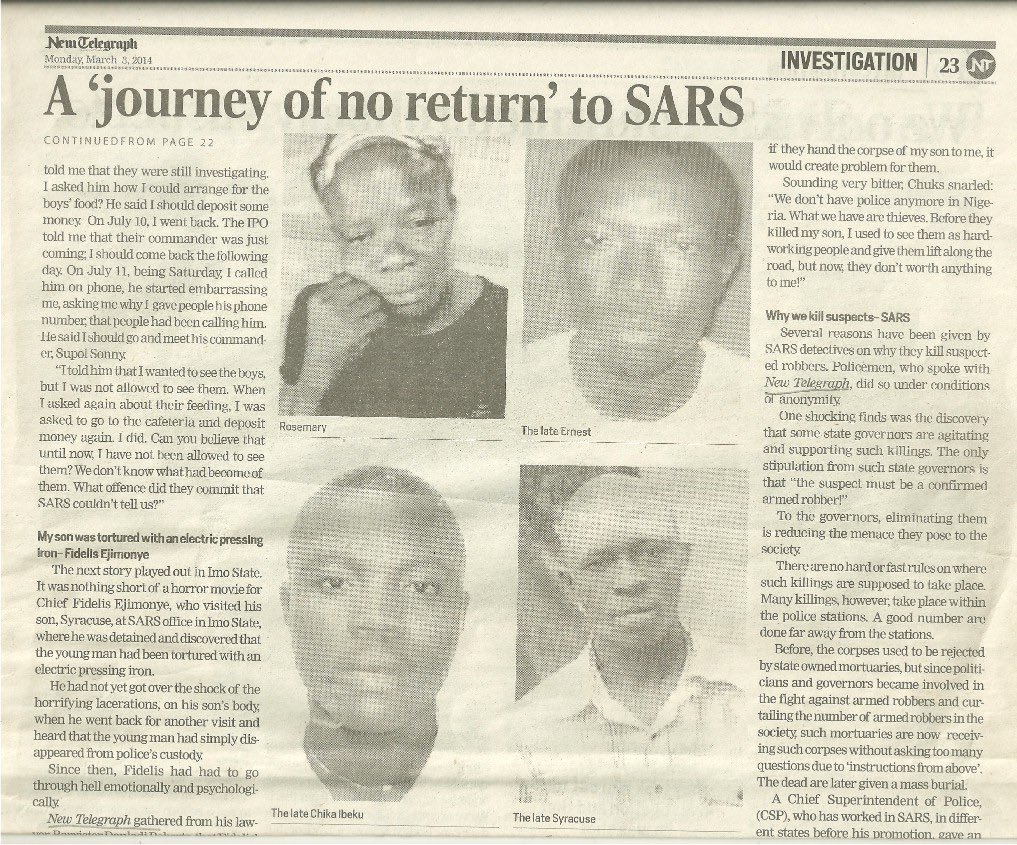
An extensive investigation by Human Rights Watch revealed that the forms of torture include “the tying of arms and legs tightly behind the body, suspension by hands and legs from the ceiling or a pole, repeated and severe beatings with metal or wooden objects (including planks of wood, iron bars, and cable wire), resting of concrete blocks on the arms and back while suspended, spraying of tear gas in the face and eyes, rape of and other sexual violence against female detainees, use of pliers or electric shocks on the penis, shooting in the foot or leg, stoning, death threats, slapping and kicking with hands and boots and denial of food and water”.
Although, sections 3(d) and 3(e) of Force Order 237 permit police officers to shoot suspects and detainees who attempt to escape or avoid arrest, police officers have abused that power.
Meanwhile, the Administration of Criminal Justice Act (ACJA) warns against the ill-treatment of detainees by the police. Section 8(1) of the Act provides that criminal suspects must be accorded humane treatment, having regard to the dignity of the person and that they must not be subjected to any form of torture, cruel, inhuman or degrading treatment.
FAILED BY THEIR COUNTRY
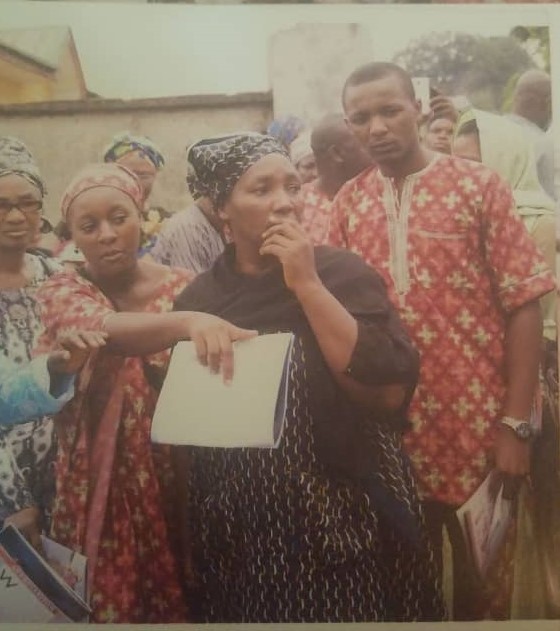
The year 2014 was not the best tofor the Bello Family; it was one filled with sorrows and tears. Mr Bello, head of the family, fell really sick and had to be rushed to the Gwagwalada Teaching Hospital where he was to be operated on.
But on July 1, 2014, doctors at the hospital embarked on an industrial action, leaving hundreds of dying patients unattended to, including Mr Bello. His wife therefore wrote the hospital to release her husband. They discharged him after she paid some money.
“There was no money for us to go to big private hospitals at home or to travel abroad, so my husband died on August 7,” she laments.
Sadly, in 2015, when Deji Ajare, one of the family’s lawyers, took instituted a lawsuit to seek justice over Femi’s death, the case was stallly by a strike by the Judiciary Staff Union of Nigeria (JUSUN). Lasting for weeks, it halted several hundred court cases all over the country at that time. Discouraged by the strike and inconsistency of the court, the Bello family forgot about it, thus leaving yet another in a litany of SARS-related extrajudicial murders without closure.
Subscribe
Be the first to receive special investigative reports and features in your inbox.






